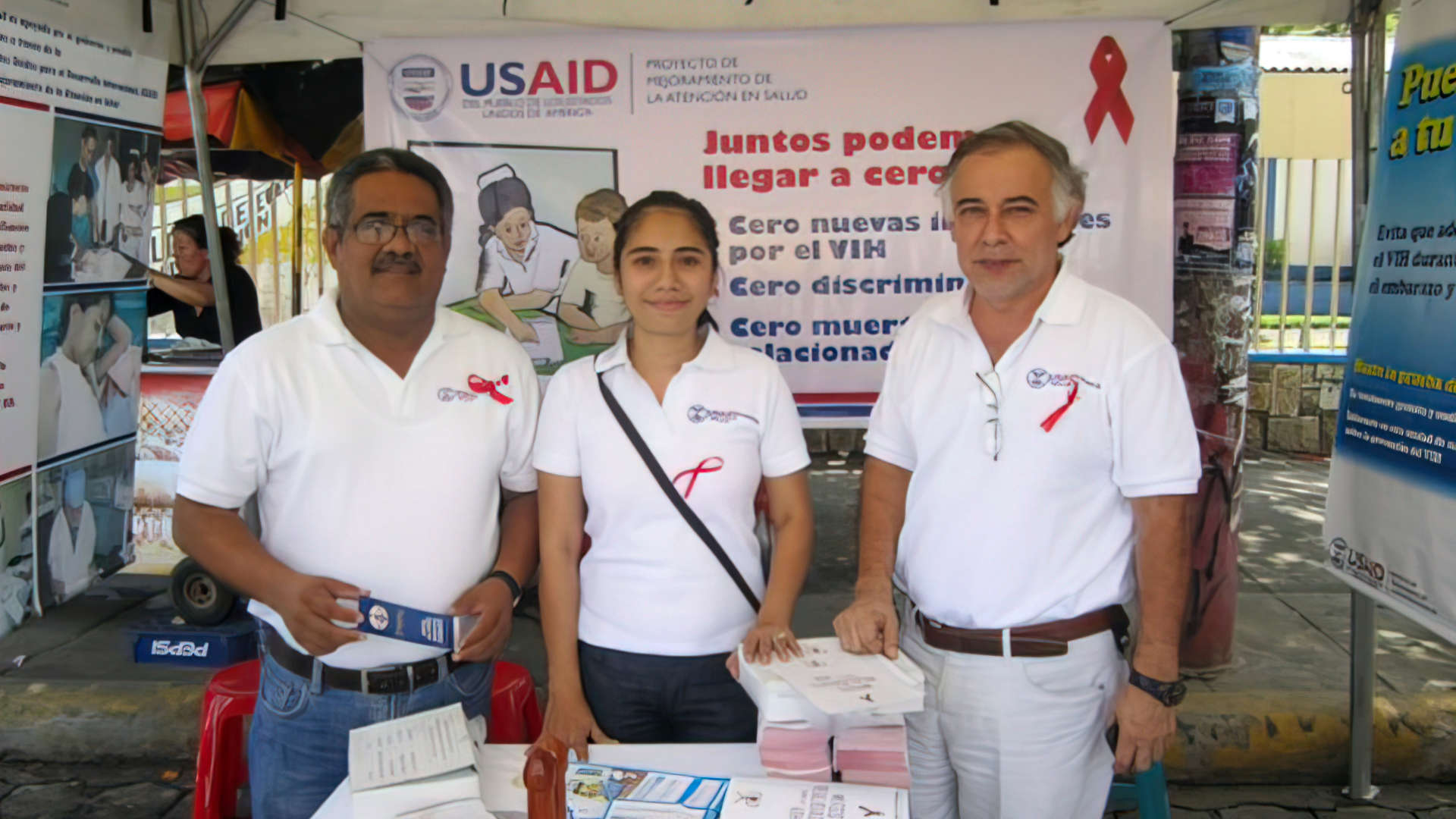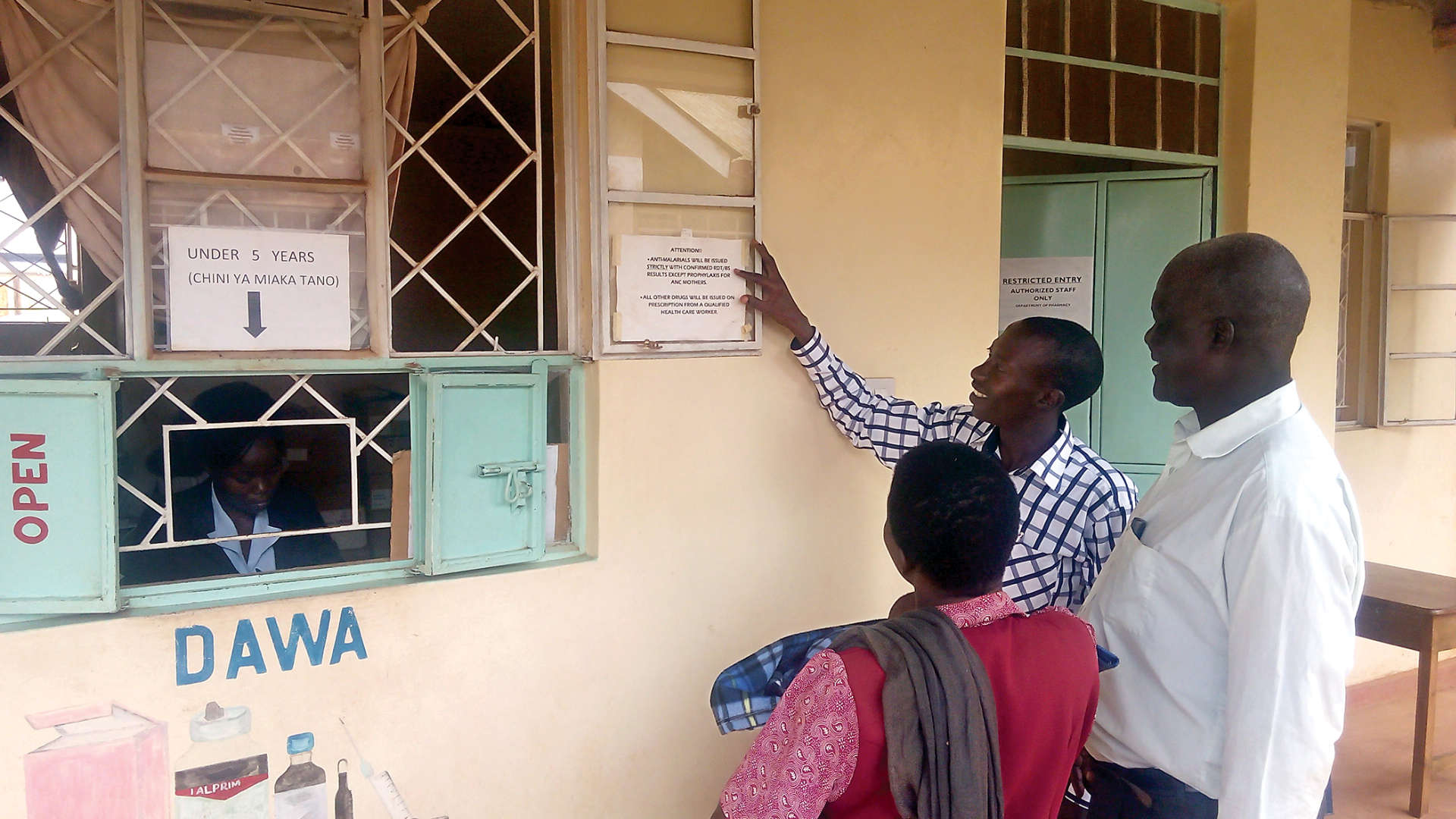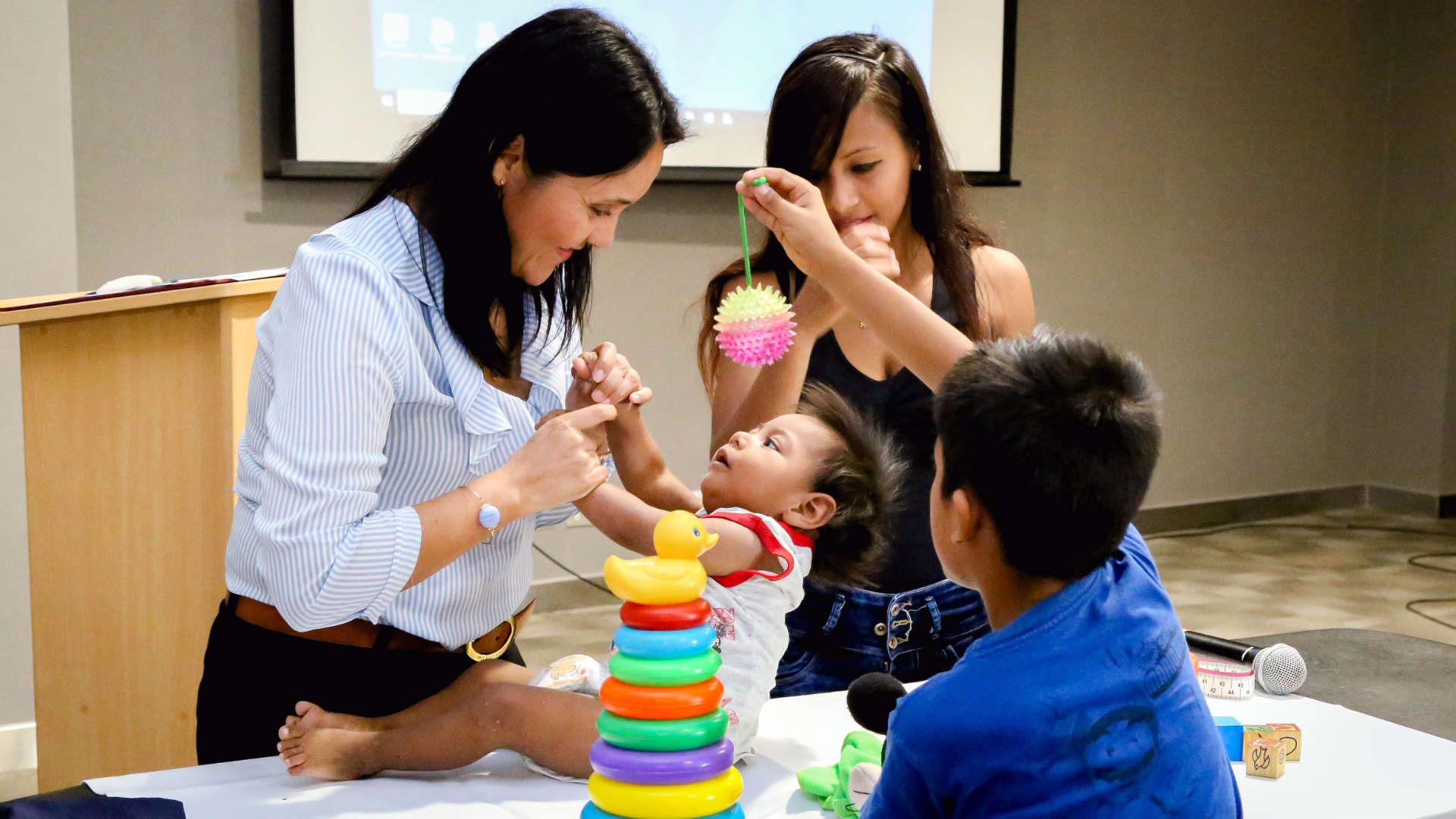Prevalence of HIV/AIDS in Central America is highest among high-risk populations, i.e., men who have sex with men, transgender persons, male and female sex workers, and clients of sex workers and their partners. The prevalence rate among transgender populations throughout the region is higher than 24%. These populations experience disproportionate levels of stigma and discrimination which present formidable barriers to effective and equitable healthcare.
To learn more about the challenges of delivering health care to high-risk populations in the region, URC’s PrevenSida Project, funded by PEPFAR, recently graduated a class of 89 leaders of non-governmental organizations (NGOs) who work to provide health services to key populations. The course focused on developing NGO capacity to generate new knowledge in the HIV arena, and was offered virtually in Guatemala, Honduras, El Salvador, Nicaragua, and Panama.
Participants who completed the six-month course, offered by the National Autonomous University of Nicaragua, León, will receive a grant to implement applied research on HIV in key populations. The goal is to carry out 23 grants in the region which will provide evidence for improved health practices and outcomes for the populations most impacted by the disease.
To celebrate successful completion of the course by 89 leaders of key population NGOs in Central America, a ceremony was held in Managua on May 8, 2019 to share and discuss national and regional responses to the HIV/AIDS epidemic.
PrevenSida Project Director, Oscar Nuñez, comments: “The grants focused on examining service delivery challenges, health workforce issues, improved data collection systems, analysis, and use of strategic information, as well as timely and adequate provision of essential medical products, will contribute to the HIV knowledge base in Central America to ultimately improve the lives of populations facing significant barriers to accessing health services.”



